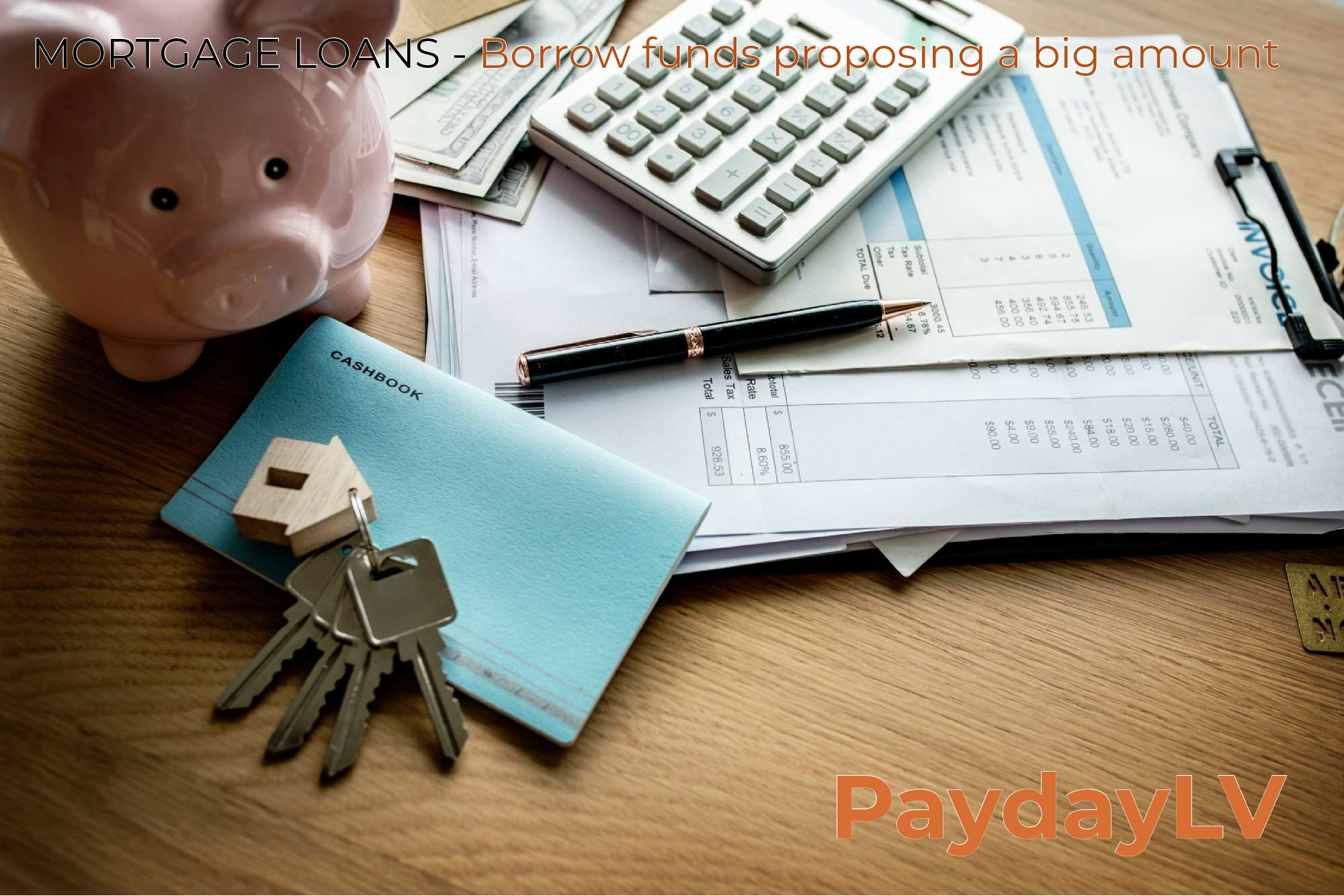

Loan Application is Just Few Clicks Away




A mortgage loan is a type of loan which is used to borrow funds proposing a big amount which the borrower may use to maintain a home ,land or purchase real property. This type of loan can also be used by existing property owners to raise funds for which they put lien on the property being mortgaged. This is a type of Secured loan where the security is borrower’s property and the entire process is called as Mortgage Origination. As the name indicates it is a secure type of loan the property serves as a collateral and the entire procedure goes through a legal mechanism where in the lender is authorised to take the collateral or the possession and sell it, to pay off the loan amount in case the borrower defaults on the loan or is not abiding by the terms and conditions.
The term mortgage is in law French term which in the Middle Ages was used in Great Britain carrying a meaning death pledge. The pledge either ends or dies with the terms of mortgage being fulfilled or repossession or foreclosure of the collateral by the lender. Hence it is always advised that mortgage must be applied for through a preferred lender and meet all the requirements of credit scores and down payments.

Mortgage lenders are most of the time big financial institutions like banks credit unions or building societies which depends upon the country concerned. The process also depends directly or indirectly depending upon the intermediaries involved. Such a case of mortgage authorises the lender to avail full benefits upon collateral selling rather than the borrowers other creditors. This indicates that if a borrower becomes bankrupt or insolvent ,the mortgage lender is the first one to be repaid while the creditors are only paid for the debts own to them. Loans always carry a particular amount in the transaction, which is the size of the loan, interest rate, method of paying off the loan and few other features which depends upon various other considerations.
Majority of the mortgages operate in countries where the home ownership is in high demand. Mortgages can either be funded by banks or even capital markets and the process is called securitization. Mortgage has become the primary means to find men’s private ownership of residential and commercial properties in several countries.
Mortgage loans are generally long term loans. the regular payments for such or similar to an annuity and the calculation is based on time value of money formula. Depending upon the local conditions and the laws the most basic criteria is a fixed monthly instalment over a period of 10 to 30 years.
Lenders of such huge amount of loans as mortgage can often themselves borrow funds and further lend these funds to earn an interest income. Similarly in case of a default the lenders can sell the mortgage to other parties which further can receive payments from the borrower. Further the lenders are also always at a huge risk which can be perceived on the likelihood of the loan not being repaid, depending upon the creditworthiness of the borrower.
Mortgage applications often undergo aggressive underwriting till the closing phase. Mortgage types also depends upon the needs of the borrower being divided into conventional and fixed rate loans. Mortgage underwriting Is a loan approval process where the verification of the financial background of the borrower like his income, employment, credit history, value of the home being purchased via an appraisal is all taken into consideration. Since this process takes a lot of time it is advisable the applicants credit employment or other financial information must not be changed and must be up to the point of information provided with the current employment. This is to be taken care of while re- submissions.
The ruling authorities of a particular country also regulate many aspects of mortgage lending either directly, through legal requirements, or indirectly through regulation of participants or banking industries endorphin through state intervention which is direct lending by state owned banks.
Let’s have a look at few terms involved in mortgage lending-
–Property: it is the physical residence being financed.
–Mortgage: the security interest of the lender in the property which may provide restrictions on use or disposal of the property home insurance and and mortgage insurance or paying off outstanding debt before selling the property.
–Borrower: the person borrowing the loan either has own property or is interested in ownership offer property.
–Lender: usually a bank or a financial institution.
–Interest: a financial charge for use of the lender’s money.
–Foreclosure or repossession: the possibility that the lender can seize the property under certain circumstances of the mortgage transaction.
–Completion: the legal completion of that mortgage deed which indicates start of the mortgage.
–Redemption: final repayment of the amount outstanding which is natural redemption at the end of the period decided upon or a lump sum redemption when the borrower sells the property.
The procedure followed begins with applying to one or more mortgage lenders. The prerequisite for a lender is confirmation of the borrower’s financial status like current employment, recent tax returns, bank and investment statements, which will form the evidence that the borrower is capable for repaying the loan. lender will run a current credit check as well. After the application is approved the loan amount which the lender can gift to the borrower is this closed along with the interest rate acting upon it. another feature is for home buyers who can easily get a mortgage loan even only after choosing the property odd during the process of even looking for one. This type of pre-approval is beneficial for both the buyer and the seller as the buyer can now have the privilege to locate place for home even in the tight housing market and the seller is assured that he can easily look forward for the money back up.
After this a legal bond signing between the buyer and the seller which may or may not include their representatives takes place, which is called the closing. Here the seller transfers the ownership to the buyer after receiving the amount of money which is determined in the beginning and the remaining mortgage documents are completed henceforth.



